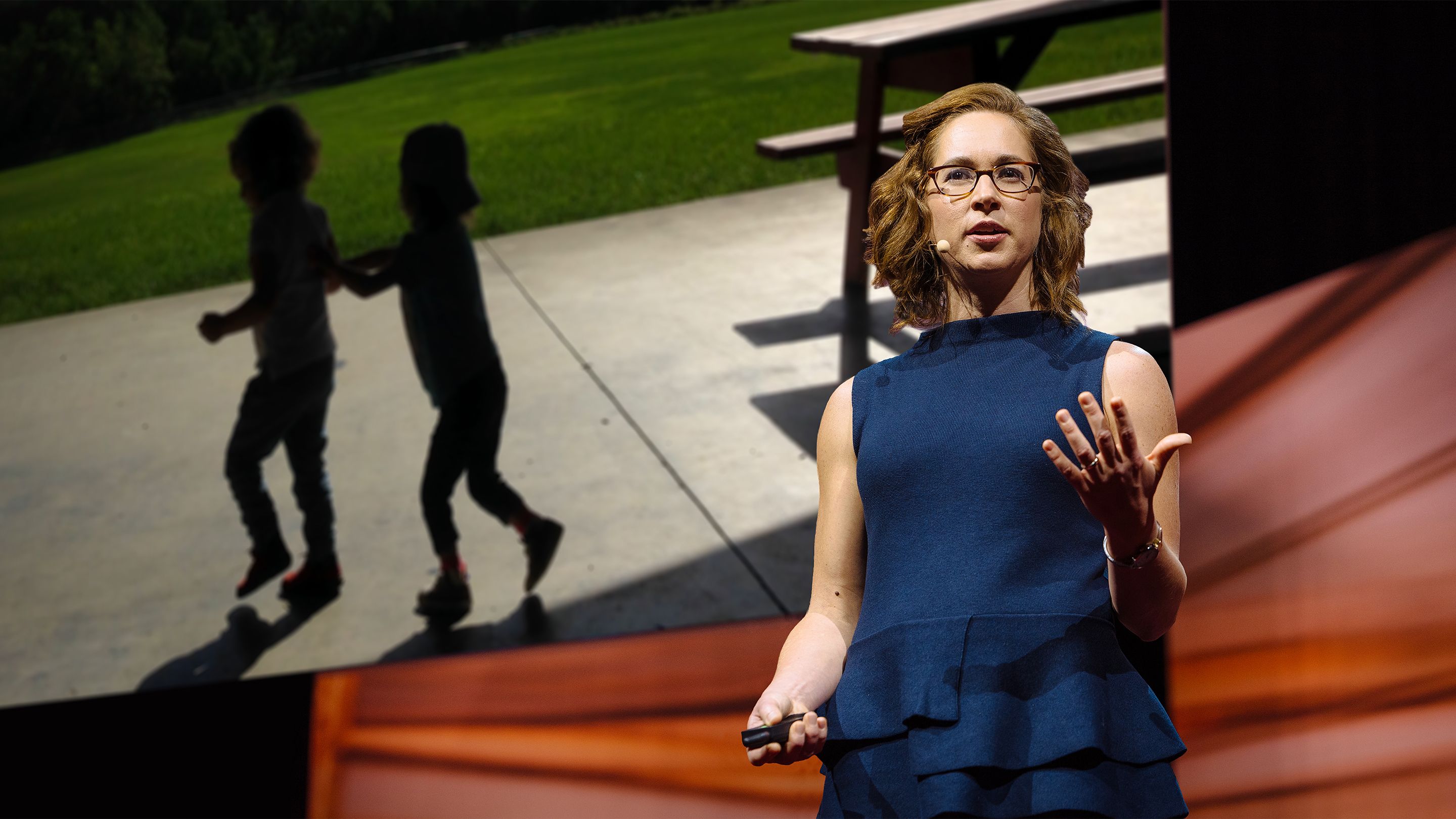"Good" and "bad" are incomplete stories we tell ourselves
3,026,033 views |
Heather Lanier |
TED@BCG Milan
• October 2017
Heather Lanier's daughter Fiona has Wolf-Hirschhorn syndrome, a genetic condition that results in developmental delays -- but that doesn't make her tragic, angelic or any of the other stereotypes about kids like her. In this talk about the beautiful, complicated, joyful and hard journey of raising a rare girl, Lanier questions our assumptions about what makes a life "good" or "bad," challenging us to stop fixating on solutions for whatever we deem not normal, and instead to take life as it comes.
